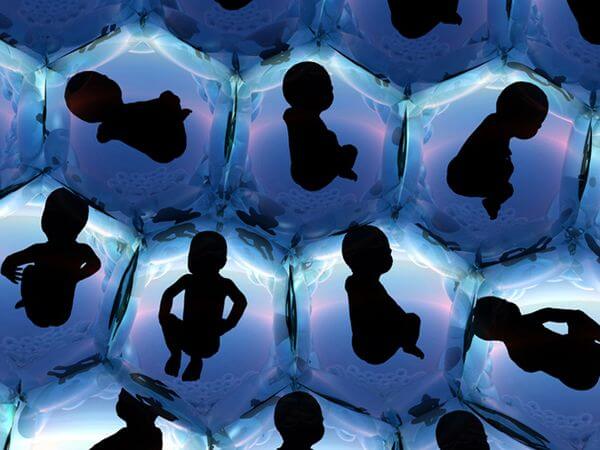- Home
- Process
- Order now
- About us
- Guarantees
- Benefits
- Beware
- Free essays
- Blog
- FAQ
- Contact us
Live chat

Table of Contents
Scientists have long wanted to learn how to successfully clone animals (and even people). The first more or less successful attempt to clone an animal was revolutionary in the world of science and medicine. I bet that you do not know right now which attempt I am talking about. Actually, it was the cloning of a sea hedgehog in 1885. As you see, this news didn’t spread so fast as about the sheep Dolly, which was cloned only in the 1990s. Most probably, the cloning of Dolly was regarded far more significant than that of the sea urchin because it was the first attempt to clone a mammal, which meant that human cloning was a little step closer to reality. Only in 2004 a group of scientists from the USA and South Korea managed to clone some human tissue.
Actually, the topic of cloning has divided people into two opposing groups. The first group claims that it is totally unacceptable to clone any living creatures and play gods, while the second group entirely approves this scientific struggle and views it as a huge step forward in medical science.
I guess you have got more familiar with the main pros and cons of cloning, and you have formed your own viewpoint on this issue. Still, there are many questions left unanswered as to whether human clones will be used only for the better. For example, can you imagine that your clone will be created for the purpose of performing some evil deeds? Or, what if your clone decides to kill you and live your life? Numerous similar questions can arise in your mind. However, try to look on this issue from the other perspective. Think that numerous people’s lives will be saved because of cloning.
Prime-Writing.com Testimonials